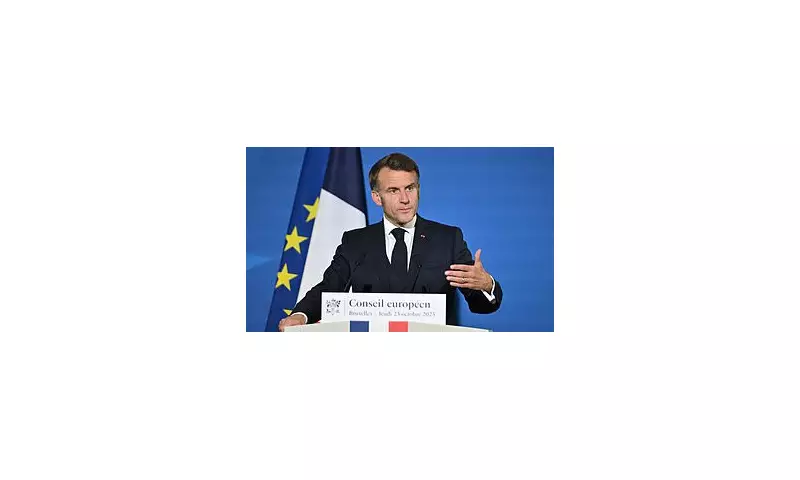
In a bold move that could send shockwaves through France's affluent diaspora, the crisis-hit nation is reportedly considering implementing US-style tax measures targeting wealthy citizens living overseas. This radical proposal represents the government's latest attempt to reverse what many are calling an economic meltdown.
Desperate Times Call for Drastic Measures
France's economic landscape appears increasingly precarious, with mounting debt and sluggish growth forcing policymakers to explore unconventional solutions. The proposed tax raid would mirror the American system where citizens are taxed on their worldwide income regardless of where they reside.
Targeting the Wealthy Diaspora
The controversial plan would primarily affect high-net-worth individuals who have relocated to more tax-friendly jurisdictions like Switzerland, Monaco, or the United Kingdom. Many of these expatriates left France precisely to escape the nation's historically high tax burden.
Economic analysts suggest this move could generate significant revenue for the French treasury but warn it might further alienate the business community and wealthy entrepreneurs.
Broader Economic Context
This tax proposal emerges against a backdrop of:
- Rising public debt exceeding 110% of GDP
- Stagnant economic growth projections
- Increasing pressure from EU partners to stabilise finances
- Ongoing social unrest over previous economic reforms
Potential Consequences and Reactions
Financial experts are divided on the wisdom of this approach. Some argue it represents a necessary step to ensure all citizens contribute to solving the nation's economic challenges. Others contend it could accelerate capital flight and discourage investment at a time when France needs it most.
The international community is watching closely, as France's decision could influence tax policy debates in other European nations facing similar fiscal pressures.
While the proposal remains in early discussion stages, its mere consideration signals the depth of concern within French government circles about the country's economic trajectory and the willingness to explore previously unthinkable solutions.





